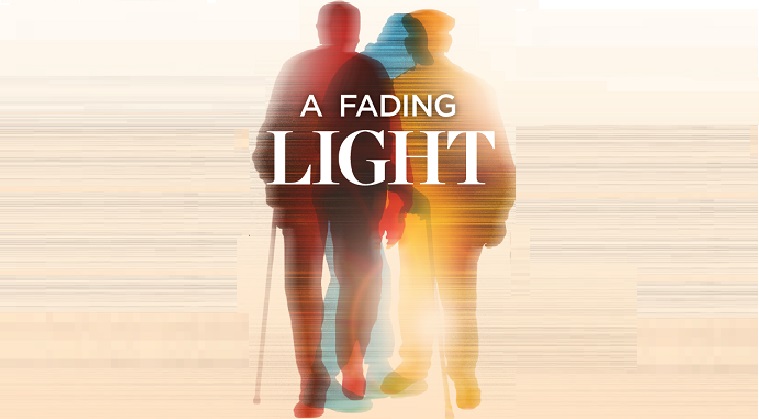A Fading Light: Chapter 17

I think the reason she chose me to be her confidante is obvious: I’d been a caregiver. I’d been there. I would get it

Recently I read an article about Joseph Biden’s political campaign and how he had a huge following of people who had experienced loss, as he had (his wife and one-year-old daughter were killed in a car accident in 1972, and an adult son died several years ago). The article explained how deeply these voters identified with him and how connected and comforted they felt when meeting him.
This account made me think back to what happened a while ago, when two readers of my column reached out to contact me. These two women are about the same age and live on two different continents, but both have husbands who are suffering from the same rare dementia my husband z”l had.
Each of them was so grateful to speak with someone who had endured that same difficult and despairing journey. I shared experiences, insights, and suggestions with them. Both of them felt enormously relieved to finally have spoken with someone who could totally understand their situation.
But wait! It gets even better. After getting permission to share their contact information, I made a shidduch between the two. A few days later, I was thrilled to learn that they had connected, spoken on the phone for an hour and a half — apparently concluding at 1:30 a.m. Israeli time. They were thrilled to have found one another. Energized by their own experience, they have since reached out to invite others to form a support group.
Imagine for a minute the transformative power of such an immediate and intense connection between two people who until then had felt isolated and alone in their struggles.
Will it change the facts? Obviously not, but it’ll be helpful in many ways, starting with providing an outlet for pent-up frustration, worry, and anger. Validation of experiences and emotions is critical, especially because we often feel guilty and ashamed of our feelings. It also opens up opportunities to share important information and ideas.
Shortly afterward, I received a call from an old and dear friend who confirmed what we most feared: She’d received a diagnosis of Alzheimer’s. Although we live far apart and see each other rarely, we’d been in frequent contact during the prolonged period when she was a caregiver to her husband, who was suffering from cancer, and for the last six months, when she expressed mounting concern about her own symptoms.
While she’s been extremely frank about sharing her fears and worries with me, she has made it clear that she’s sharing this information with no one else outside of her family. This was also the case when her husband was ill.
I think the reason she chose me to be her confidante is obvious: I’d been a caregiver. I’d been there. I would get it. Her assumption is that the same is true now that she’s been diagnosed with Alzheimer’s; I can support and understand her because my husband had dementia, too.
(Excerpted from Family First, Issue 655)
Oops! We could not locate your form.


